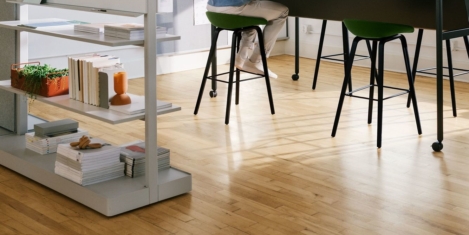February 15, 2022
Office still important for nurturing friendships and inclusivity, report claims
 The physical office remains vital for nurturing friendships, and supporting a diverse and inclusive workforce, according to O.C. Tanner’s 2022 Global Culture Report which analysed the perspectives of over 38,000 employees, leaders, HR practitioners and executives from 21 countries around the world, including over 2,500 from the U.K. Around two thirds (63 percent) of U.K. workers admit that it’s more challenging to form new friendships with colleagues when working remotely, and 58 percent of workers state that the office is where most of their new friendships are formed. (more…)
The physical office remains vital for nurturing friendships, and supporting a diverse and inclusive workforce, according to O.C. Tanner’s 2022 Global Culture Report which analysed the perspectives of over 38,000 employees, leaders, HR practitioners and executives from 21 countries around the world, including over 2,500 from the U.K. Around two thirds (63 percent) of U.K. workers admit that it’s more challenging to form new friendships with colleagues when working remotely, and 58 percent of workers state that the office is where most of their new friendships are formed. (more…)



































February 14, 2022
The Great Resignation will cast a long spell
by Mark Eltringham • Comment, Flexible working, Wellbeing, Workplace design